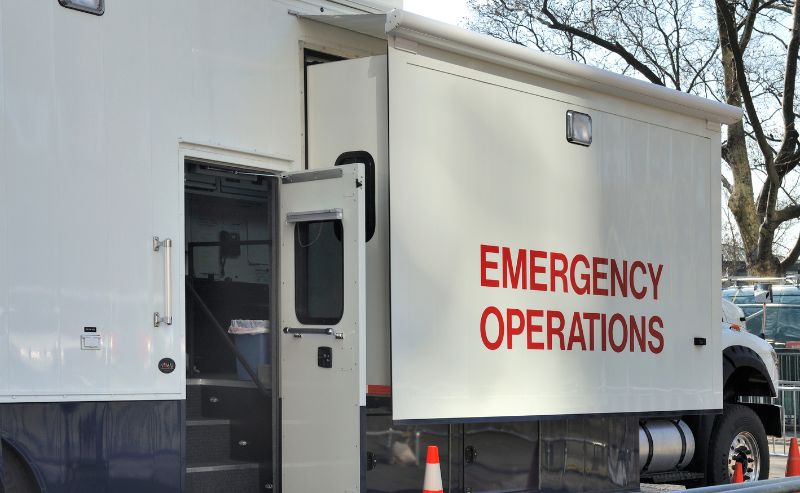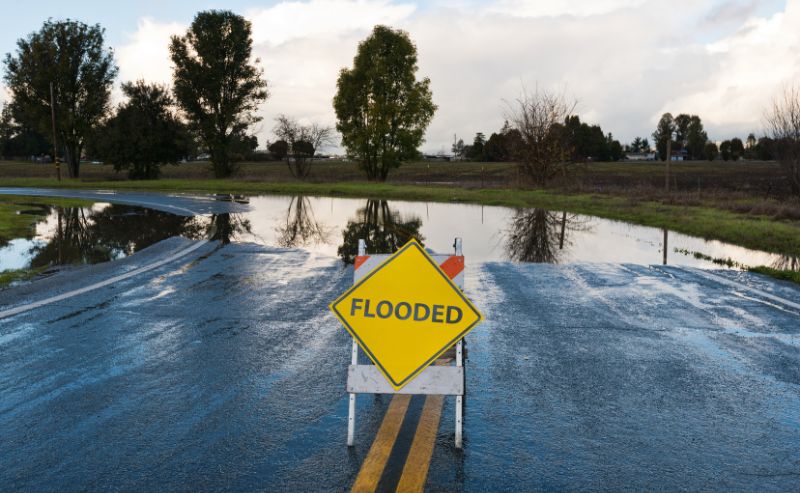Creating an external “culture of preparedness” within communities is a smart and worthwhile goal.
But achieving it means emergency management leaders must first create an internal culture that fosters best practices, motivates teams and aligns with strategic planning disciplines. This can only be achieved through effective departmental leadership.
So, what is the recipe for an effective leader? According to Peter Economy, a leadership development specialist, there are four “secrets” of truly great leadership.
1. A connected team.
Despite the myriad of communication channels at our disposal today, communications may still be lacking. It is up to the leader to ensure his team is connected through clear, regular and frequent communications. Technology can help with this, but it shouldn’t become a barrier. Whatever the method, Economy says to “decide what works best and then use it consistently.”
2. An energized team.
Inspiration must often come before perspiration. Great leaders know how to challenge and excite team members by creating a clear vision and assigning work that both challenges team members, and aligns with their skill sets.
3. A supported team.
Evan teams with highly talented individuals need continuous support and encouragement. Economy says “provide your people with the benefit of your experience and provide them with air cover when others in the organization threaten their mission.”
4. An empowered team.
Leadership and dictatorship are two very different things. The measure of a leader can be determined more by what her team can achieve when she is not directly involved than what they can achieve when she is dictating orders.
Changing an organization’s culture always requires strong, capable leadership. Focusing on these key leadership principles will help managers be more effective change agents, both within their departments and their communities.






